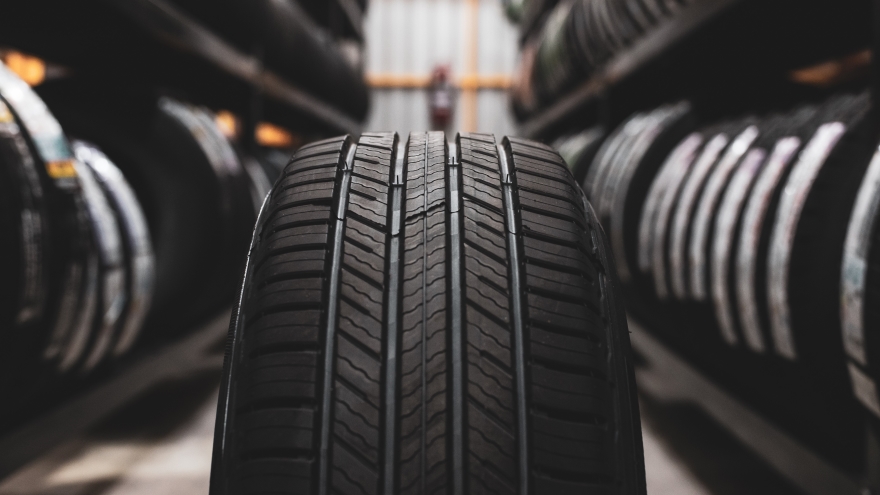EV owners’ unrealistic tire expectations lead to lower satisfaction, J.D. Power finds

By subscribing, you agree to receive communications from Auto Remarketing and our partners in accordance with our Privacy Policy. We may share your information with select partners and sponsors who may contact you about their products and services. You may unsubscribe at any time.
Owners of electric vehicles have unrealistic expectations of their vehicles’ tire performance, leading to lower customer satisfaction, according to the latest research from J.D. Power.
The company’s 2024 U.S. Original Equipment Tire Customer Satisfaction Study found the satisfaction gap with original equipment tires between EVs and gas-powered vehicles is widening because EV owners expect their tire wear to be similar to that of gas vehicles.
The reality is EV tires naturally wear faster due to greater vehicle weight and higher torque.
“The widening satisfaction gap between EVs and gas-powered vehicles highlights an opportunity for tire manufacturers and automakers to educate EV owners on the differences in performance,” J.D. Power senior director of benchmarking and alternative mobility Ashley Edgar said.
“Additionally, because of the inherit conflict of maximizing vehicle range and optimizing tire wear for EVs, tire manufacturers and automakers need to work together to overcome the challenge without completely sacrificing tire performance in other areas, especially as the EV market continues to increase.”
Michelin was the top-ranked tire brand in three of the four segments studied, J.D. Power said, winning the luxury category for the 21st consecutive year. Its score of 834 bested Goodyear (812) and Continental (811).
Subscribe to Auto Remarketing to stay informed and stay ahead.
By subscribing, you agree to receive communications from Auto Remarketing and our partners in accordance with our Privacy Policy. We may share your information with select partners and sponsors who may contact you about their products and services. You may unsubscribe at any time.
Michelin won the passenger car segment with a score of 823, ahead of Goodyear (811) and Kumho (799), and claimed the performance sport segment with a score of 833.
Falken was No. 1 in the truck/utility segment at 818, followed by BFGoodrich (812) and Hankook (804).
J.D. Power said the U.S. Original Equipment Tire Customer Satisfaction Study measures tire owner satisfaction in four areas — tire ride, tire wear, tire traction/handling and tire appearance — based on responses from 31,414 owners of 2022 and 2023 model-year vehicles and to a survey conducted from August-December 2023.


